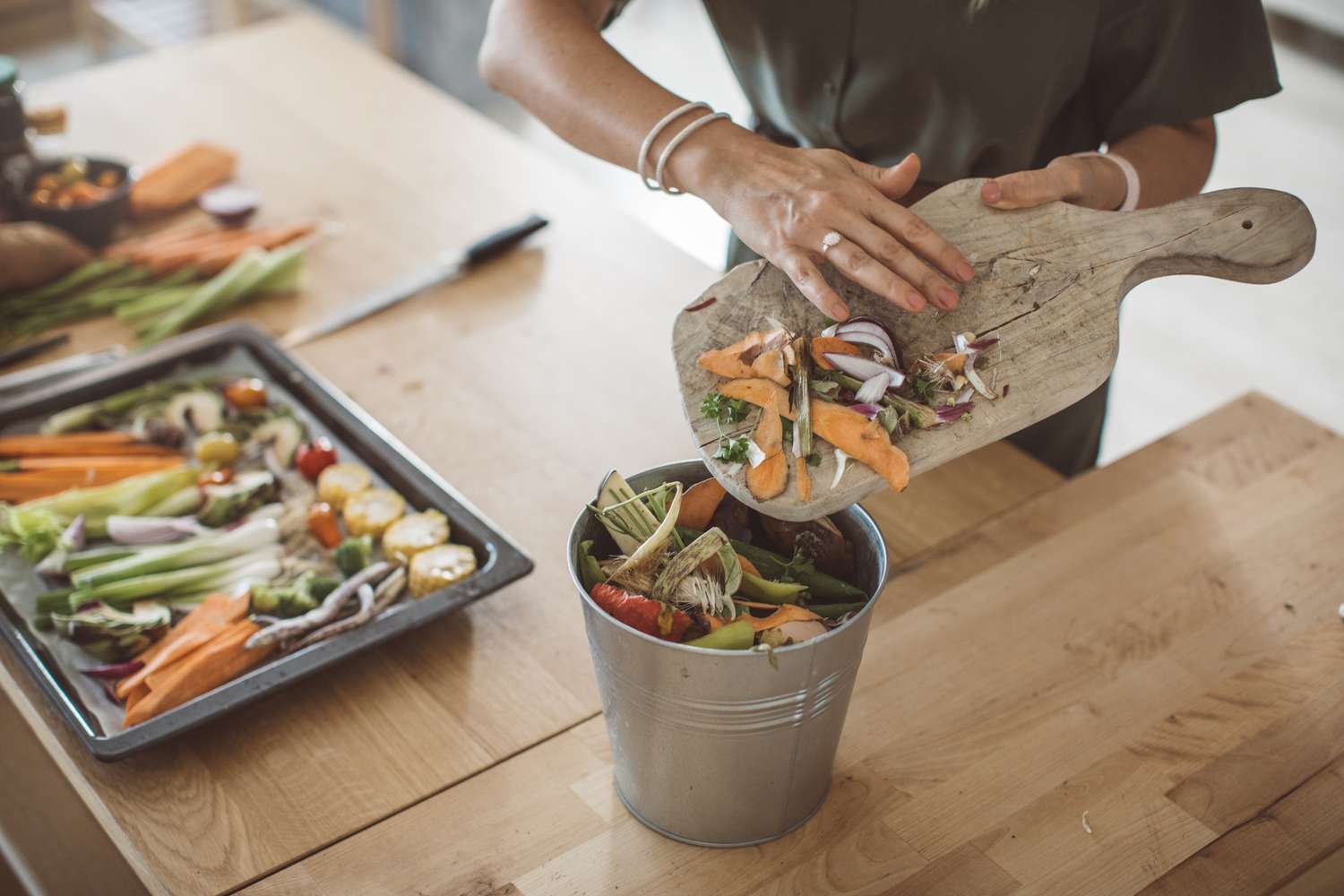Creating a sustainable home is an achievable goal that doesn’t require drastic changes or significant investments. By making a few thoughtful swaps, you can reduce your environmental impact and contribute to a healthier planet. Here’s a comprehensive guide to ten simple swaps that will help you make your home more sustainable.
1. Swap Disposable for Reusable
What to Swap: Single-use items like plastic bags, paper towels, disposable cutlery, and coffee filters are major contributors to waste. They are convenient but have significant environmental impacts due to their short lifespan and the resources required to produce and dispose of them.
Sustainable Alternatives:
- Reusable Bags: Invest in sturdy cloth or canvas shopping bags that can be used repeatedly. Not only do they reduce plastic waste, but they also come in various styles and sizes to suit different needs.
- Reusable Towels: Replace paper towels with cloth napkins and kitchen towels. Cloth options can be washed and reused multiple times, significantly cutting down on waste.
- Metal or Bamboo Cutlery: Use stainless steel or bamboo cutlery for meals on the go. These alternatives are durable and can be washed and reused.
- Reusable Coffee Filters: Opt for stainless steel or fabric coffee filters instead of single-use paper ones. They are easy to clean and can last for years.
2. Swap Plastic Bottles for a Water Filter
What to Swap: Single-use plastic water bottles contribute significantly to plastic pollution and can take hundreds of years to decompose.
Sustainable Alternatives:
- Water Filter Pitcher or Faucet Filter: Invest in a water filter pitcher or faucet-mounted filter. These devices can effectively remove impurities from tap water, reducing the need for bottled water and cutting down on plastic waste.
- Reusable Water Bottles: Choose stainless steel or glass water bottles for hydration on the go. They are durable, often come with insulation options, and help reduce reliance on disposable plastic bottles.
3. Swap Conventional Cleaners for Eco-Friendly Products
What to Swap: Traditional cleaning products often contain harmful chemicals that can affect both human health and the environment.
Sustainable Alternatives:
- Natural Cleaners: Use cleaning products made with natural ingredients or make your own at home using vinegar, baking soda, and lemon juice. These substances are effective and less toxic.
- Refillable Bottles: Purchase concentrates or refills for your cleaning products to reduce plastic waste. Many eco-friendly brands offer refillable options that minimize packaging.
4. Swap Standard Light Bulbs for LEDs
What to Swap: Incandescent and halogen light bulbs consume more energy and have a shorter lifespan compared to LED bulbs.
Sustainable Alternatives:
- LED Bulbs: Switch to LED bulbs, which use up to 80% less energy and last up to 25 times longer than traditional bulbs. This not only reduces energy consumption but also lowers your electricity bill and reduces the frequency of bulb replacements.
5. Swap Single-Use Batteries for Rechargeables
What to Swap: Disposable batteries are a common source of waste and contain chemicals that can be harmful if not disposed of properly.
Sustainable Alternatives:
- Rechargeable Batteries: Invest in high-quality rechargeable batteries and a charger. Rechargeables can be used hundreds of times, reducing waste and the need for frequent replacements.
6. Swap Conventional Toiletries for Eco-Friendly Options
What to Swap: Everyday toiletries often come in plastic packaging or use non-sustainable materials.
Sustainable Alternatives:
- Bamboo Toothbrushes: Use toothbrushes made from bamboo, a renewable resource, instead of plastic ones. Bamboo toothbrushes are biodegradable and have a lower environmental impact.
- Safety Razors: Switch to reusable safety razors with replaceable blades. They last longer than disposable razors and can significantly reduce plastic waste.
- Shampoo Bars: Opt for solid shampoo bars instead of liquid shampoos that come in plastic bottles. Shampoo bars are often packaged in paper or compostable materials and last longer than their liquid counterparts.
7. Swap Non-Energy-Efficient Appliances for Energy-Efficient Ones
What to Swap: Old appliances can be inefficient, consuming more energy and increasing utility bills.
Sustainable Alternatives:
- Energy-Efficient Appliances: Look for appliances with the ENERGY STAR® label, which signifies that they meet strict energy efficiency guidelines. These appliances consume less energy and water, reducing your overall environmental impact.
- Smart Thermostats: Install a smart thermostat to better control your home’s heating and cooling. Smart thermostats can optimize energy use by adjusting temperatures based on your schedule and preferences.
8. Swap Synthetic Fabrics for Natural Ones
What to Swap: Synthetic fabrics like polyester and nylon are made from petrochemicals and can take hundreds of years to decompose.
Sustainable Alternatives:
- Natural Fabrics: Choose clothing and home textiles made from organic cotton, linen, wool, or hemp. These materials are often biodegradable and produced with less environmental impact compared to synthetic fibers.
9. Swap Disposable Dishware for Reusable Options
What to Swap: Single-use plates, cups, and utensils create a lot of waste and contribute to the overall environmental burden.
Sustainable Alternatives:
- Reusable Dishware: Use ceramic, glass, or stainless steel dishware and utensils for everyday meals and gatherings. Investing in durable dishware reduces the need for disposable items and is better for the environment.
10. Swap Traditional Lawn Care Products for Eco-Friendly Options
What to Swap: Chemical fertilizers and pesticides can harm local ecosystems and contribute to pollution.
Sustainable Alternatives:
- Organic Fertilizers: Use compost or organic fertilizers to nourish your garden. Composting food scraps and yard waste creates nutrient-rich soil that improves plant health without synthetic chemicals.
- Natural Pest Control: Implement natural pest control methods, such as introducing beneficial insects like ladybugs or using non-toxic repellents. These methods are safer for both your garden and the environment.
Conclusion
By making these simple swaps, you can significantly reduce your environmental footprint and contribute to a more sustainable lifestyle. Each small change adds up, and collectively, they can make a substantial impact. Start with a few of these swaps and gradually incorporate more as you become comfortable. Embracing sustainability in your home not only benefits the environment but also enhances your quality of life by promoting healthier, more mindful living practices.


